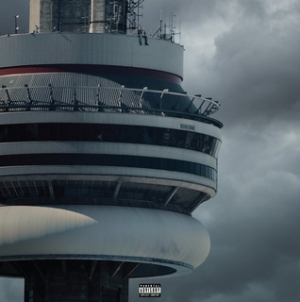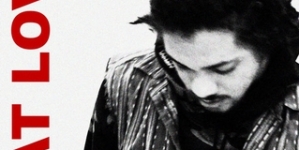-
Coming Straight From Austin Texas With New Single “Pretend” - January 9, 2021
-
Travis Scott Releases His First Single of 2019 [VIDEO] - October 4, 2019
-
Lil Kim Releasing First Album In 14 Years - October 4, 2019
-
Three Charged With Providing Mac Miller With Deadly Drugs - October 4, 2019
-
Lizzo Makes History With New Billboard Record - September 24, 2019
-
Rap-A-Lot Record’s J Prince Has A Lot To Say About 6ix9ine - September 24, 2019
-
Philly Approves Meek Mill Weekend - March 14, 2019
-
T.I.’s Sister, Precious Harris Had Died - February 22, 2019
-
Jussie Smollett Remove From Empire’s Final Episodes - February 22, 2019
-
Drake & Jennifer Lopez Have Been Spending Quite Some Time Together - December 21, 2016
Pimp C: Long Live The Pimp
Pimp C was far from one-dimensional as an artist, but through a tortuous life, and now death, he’s been reduced to a cred signpost.
Pimp C was far from one-dimensional as an artist, but through a tortuous life, and now death, he’s been reduced to a cred signpost. Drake showed up on the first posthumous Pimp C release, 2010’s The Naked Soul of Sweet Jones, seemingly just to name-check Houston strip clubs. “RIP Pimp C” is now as much a given as a hip-hop salutation as “RIP Biggie” or “RIP 2 Pac” or “Free Max B”. Almost a decade after he passed, we’re on posthumous record #3, and you start to wonder if we’re officially scraping the barrel.
Compared to The Naked Soul of Sweet Jones, which at least featured producers Pimp C worked with in life and was rooted in the country-rap sound, 2011’s lesser Still Pimping, Long Live the Pimp is the worst of his posthumous output. This is partly due to the uncharacteristically sleepy and subdued verses from Chad Butler himself, but it’s not helped out by the production either. Instead of the country-inspired bounce of Pimp’s own productions, a lot of Long Live the Pimp works a dank, marching-band percussion rhythm associated with Juicy J’s late-career resurgence, more “Bandz a Make Her Dance” than “Sippin on Some Syrup”.
In fact, Juicy J oversaw production on several of these songs, and his fingerprints are all over the album. “Payday” sounds like something from this year’s 100% Juice. The two collaborated often and were representatives for their own regional scenes, but the songs here are discomfiting because they sound too obviously inspired by current trends, an ill fit for a voice so closely aligned with a singular aesthetic. Ty Dolla $ign is a great artist, but you can’t pair one of his hooks with a Pimp C verse any more than you can digitally insert John Candy into Krampus.
And the overt tributes to Pimp’s sound—church organs and wah-wah guitars—sound flimsy as well, the Diet Coke version of country rap tunes. “Trill” is nice enough, with three professional verses from three signature Houston voices—Slim Thug, ESG, and Lil Keke. But everyone sounds careful and reverent, on their best behavior. The Lil Wayne, A$AP Rocky, Juicy J, and Nas features fall predictably flat (though “Friends” works a TLC-inspired hook as well as it can), but something like “Bitch Get Down” with Bun B and 8 Ball & MJG or “Twerk Something” with T.I. should have been home runs. They all feel too tasteful to really be essential, not at all a proper tribute to Pimp’s spirit.
Pre-release hype pegs Long Live the Pimp as the culmination of what Pimp C was working on toward the end of his life. But it makes you wonder—why did it take eight years for this stuff to see the light of day? Maybe the best verses he left behind have already been used on UGK’s final album, 2009’s UGK 4 Life, and two other posthumous solo records. Pimp C’s work is in good hands (I don’t see any Duets: The Final Chapter-type fiascos in the future) but maybe it’s time to leave well enough alone.


![Travis Scott Releases His First Single of 2019 [VIDEO]](https://www.guttaworld.com/wp-content/uploads/2019/10/Travis-Scott-performs-live-in-2019-230x140.jpg)
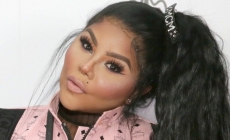

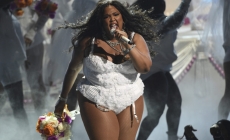

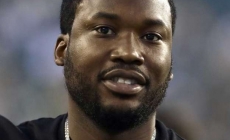






![Travis Scott Releases His First Single of 2019 [VIDEO]](https://www.guttaworld.com/wp-content/uploads/2019/10/Travis-Scott-performs-live-in-2019-80x80.jpg)



